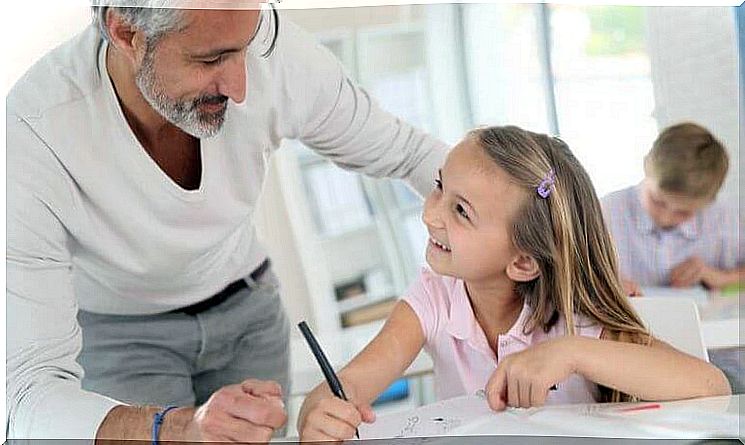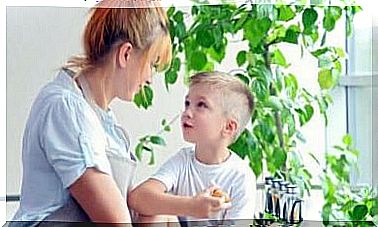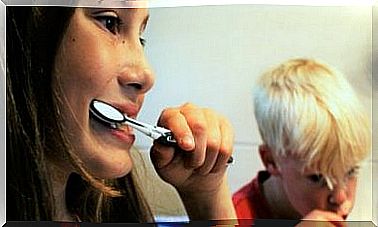5 Tips For Teaching Kids To Be Polite

Teaching children to be educated is an extremely important responsibility of parents. Of course, understanding and using good manners brings to the little ones very positive aspects such as politeness, courtesy and empathy towards others.
Good manners give children an attitude of greater appreciation for themselves and the environment around them. Your teaching should be done from an early age, and this should be part of daily learning.
In today’s technological society, teaching children good manners is more crucial than ever.
Without a doubt, one of the most important jobs parents have to do is to help their children develop social skills, show them how to interact politely with people, and treat them with respect and consideration.
5 tips to teach children to be educated
The following tips should be considered when teaching children to be educated:
1. Be a role model
The first essential piece of advice for teaching children to be educated is to keep in mind that they will imitate their parents. Therefore, you must demonstrate polite behavior so that the little ones will follow your example.
Also, you should speak in a friendly tone to your children and ask anything without threats. It’s not always easy to be patient with them, but as an adult it’s your responsibility to model appropriate behavior.

2. Sensitivity
Good manners come from respecting another individual. Thus, the route to respect is, essentially, sensitivity. If you can teach a child the value of this quality, you are giving them a wonderful gift.
The root of good manners is respect for other people, and the root of respect is sensitivity. Sensitivity is one of the most valuable qualities you can instill in your child from childhood.
The sensitive child cares about the feelings of others and naturally becomes an educated person.
3. ‘Please’ and ‘Thank you’
Teaching children to say “please” and “thank you” is the fundamental principle for teaching them to be educated. This, of course, is one of the fundamentals of good manners.
As children grow older, parents can encourage them to write thank you notes, preferably with paper and pencil.
It goes without saying that children should learn to give thanks for the gifts they receive. But they should also be educated to thank the people who look after them or serve them, like waiters in restaurants and even their relatives when they do something for them in the course of their daily routines.
4. They must respect their turn to speak
Make it a habit for your child to wait his turn to speak. In fact, this is a frequent problem that many children, especially younger ones, create. This is because they often want to express their thoughts as soon as they come to mind.
Children are also naturally self-centered and may need reminders to wait until someone has finished talking before interrupting.
To help children learn this habit, parents can try using a visual reminder, such as a stuffed animal or some other object, to indicate when it’s their turn.

5. Don’t force modes
Language is an ability to be enjoyed, not forced. While it’s okay to occasionally remind them of a ‘please’ before granting the request, it’s also not good to force situations.
In fact, you need to be careful: the child may get tired of these polite words before they even understand their meaning.
Also, when you remind a child to say ‘please’, you should do it as part of good speech, not as a requirement to get what you want. That way you will have the child put these words into their vocabulary naturally.
Finally, we remind you that you need to have a lot of patience to teach children to be polite. Of course, this is something you should work on every day to get the results. Although we are convinced that you will never regret the time invested!









